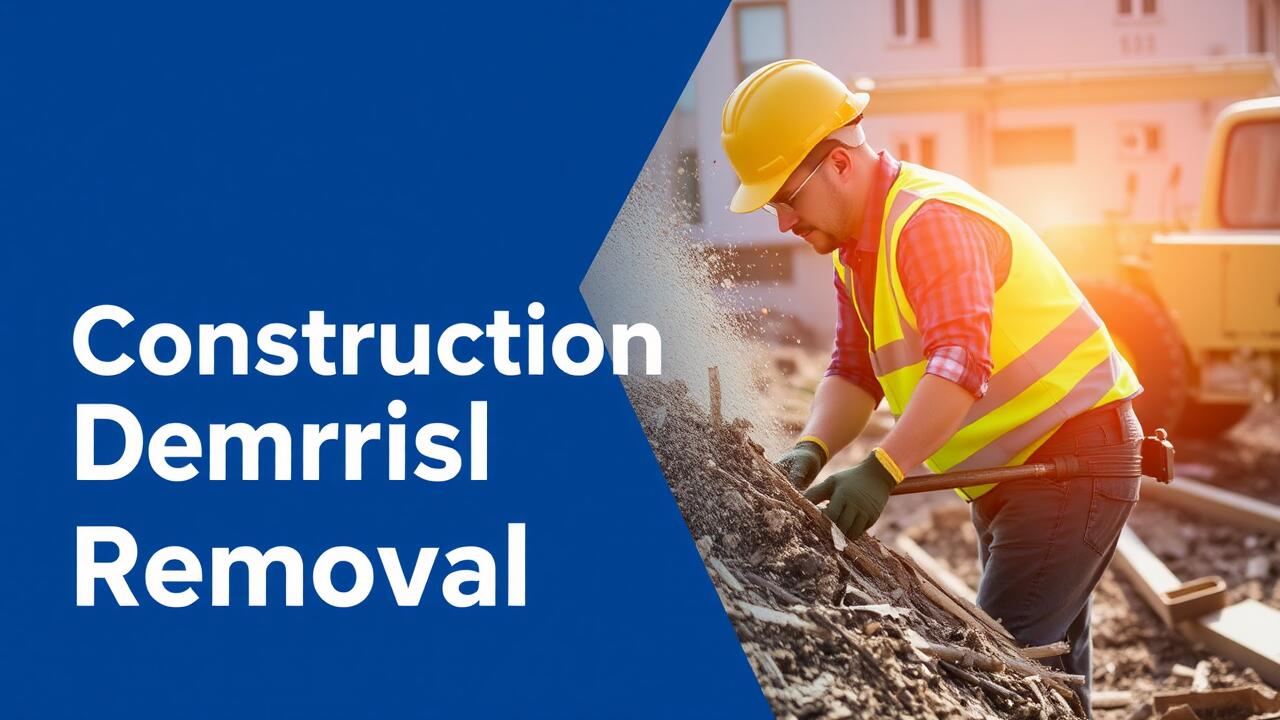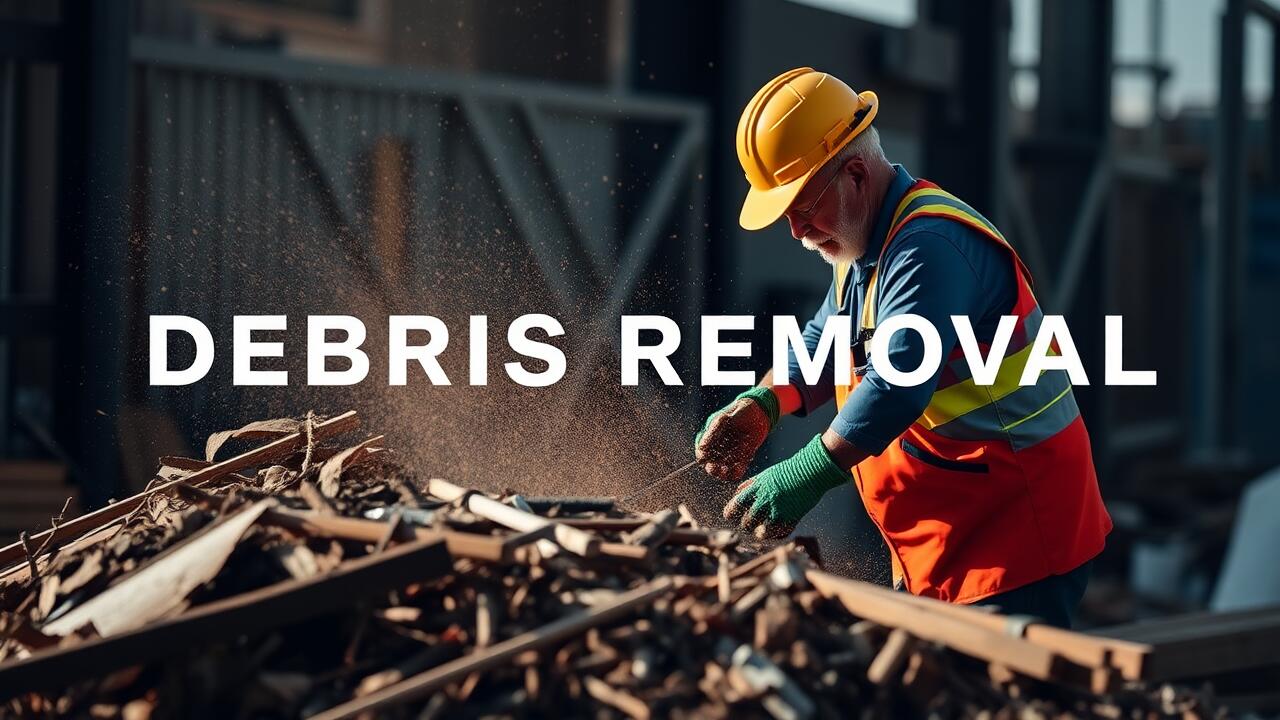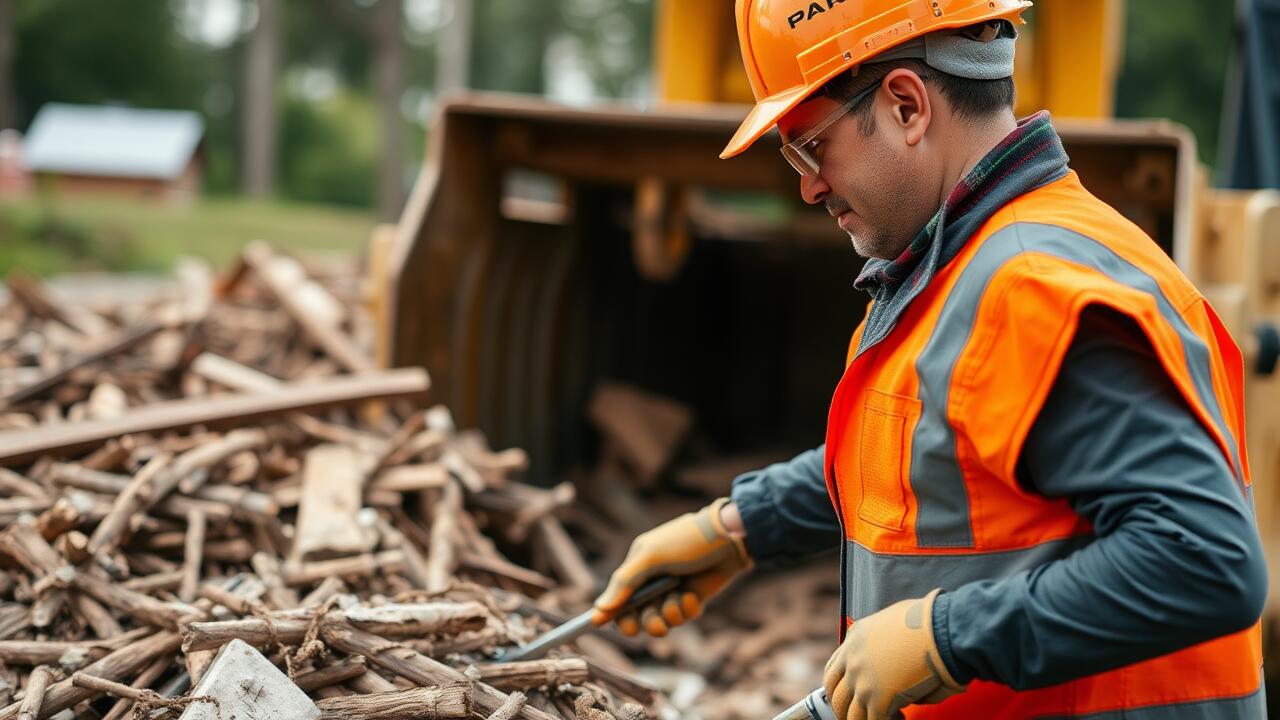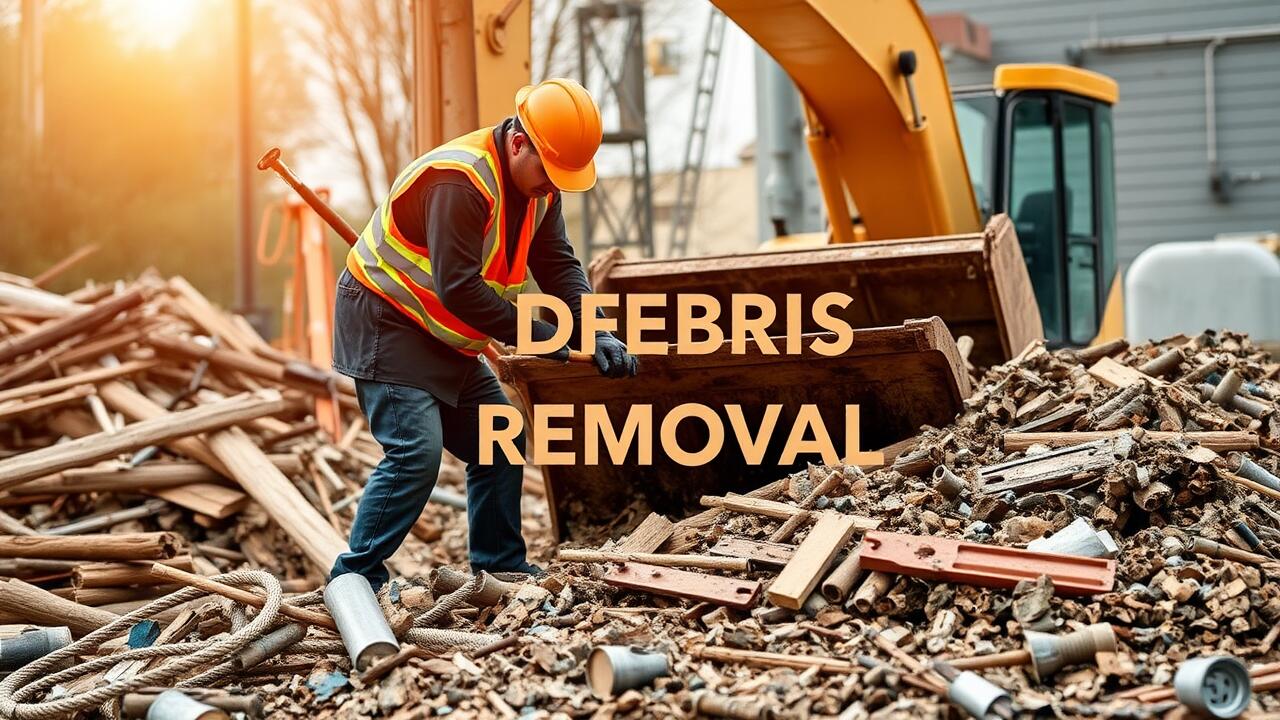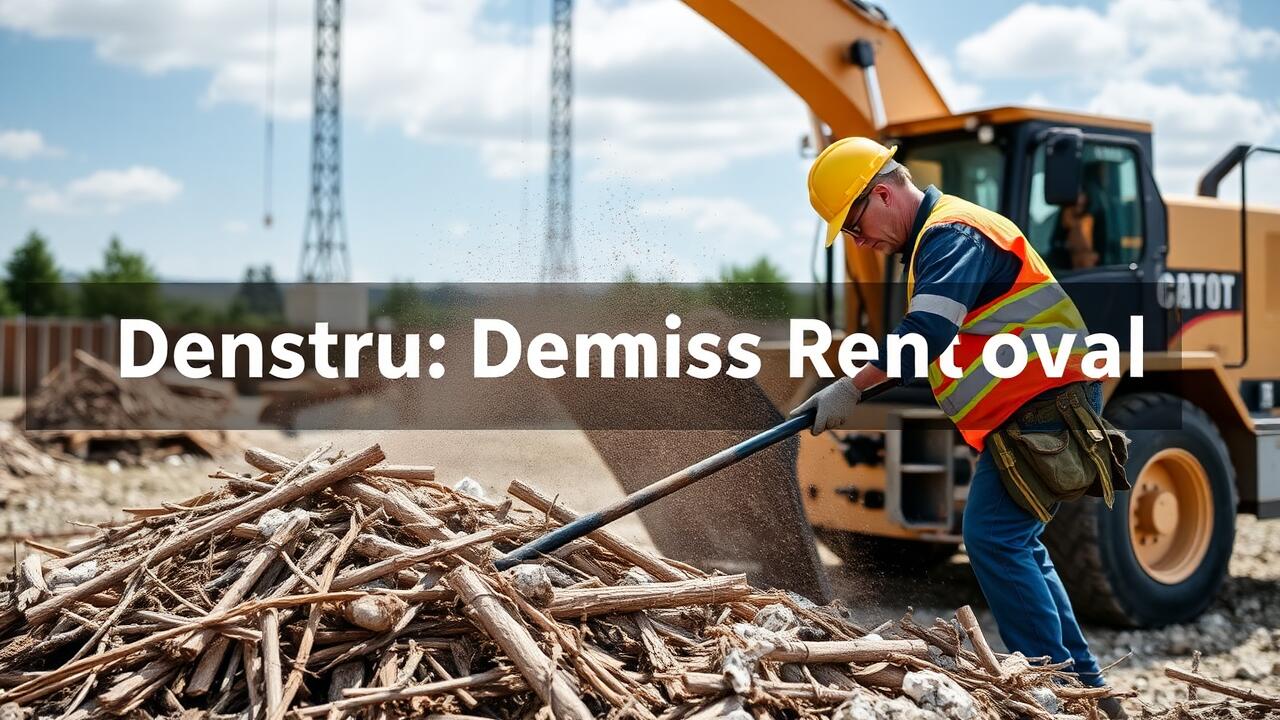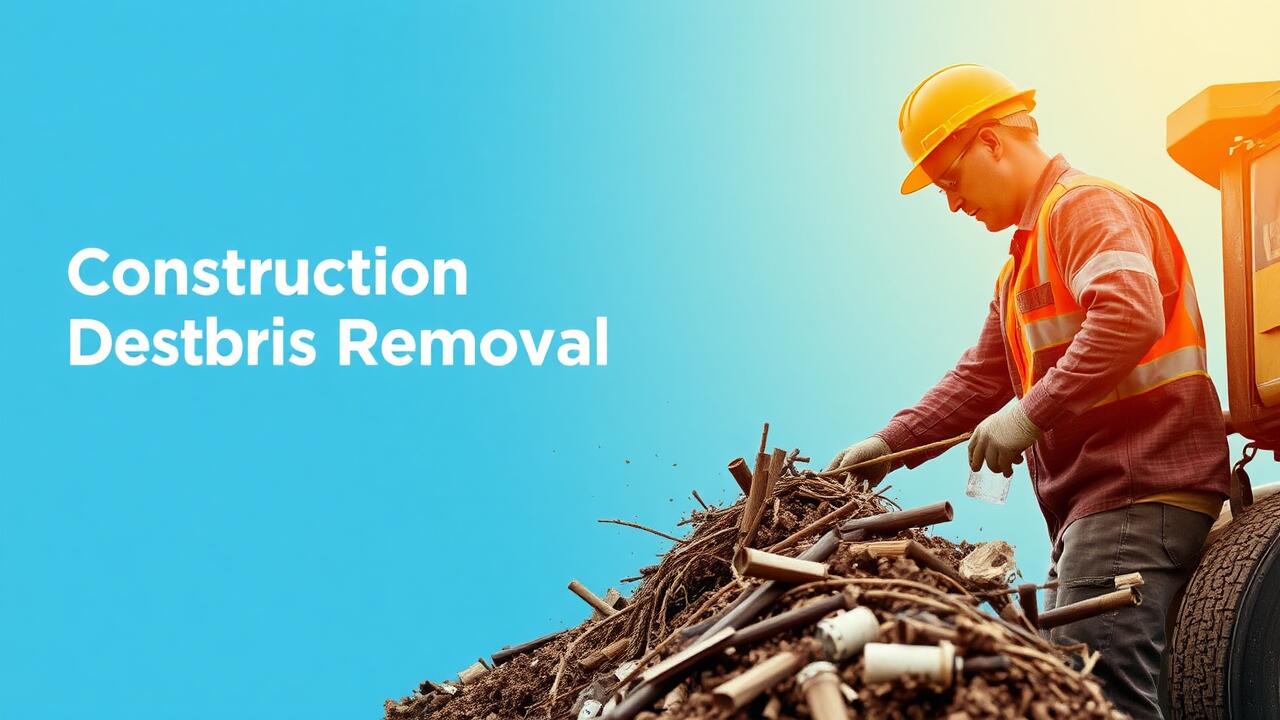
Waste Treatment and Recycling Protocols
Waste treatment and recycling protocols in Arizona are designed to manage waste effectively while minimizing environmental impact. Facilities in the state are required to follow strict guidelines for sorting, treating, and disposing of various types of waste. The separation of recyclable materials from general waste is crucial in ensuring that usable resources do not end up in landfills. Programs promoting the recycling of construction materials specifically help reduce the volume of waste generated from construction activities, encouraging more sustainable practices within the industry.
In Central City, Phoenix, proper protocols for construction debris removal are essential for maintaining compliance with state regulations. Contractors must adhere to established guidelines when disposing of materials such as concrete, wood, and metal. Utilizing local recycling centers not only helps in compliance but also supports the local economy by creating jobs in the recycling sector. These efforts contribute to a more sustainable approach to waste management, aligning with Arizona's goals for environmental preservation.
Best Practices for Sustainable Disposal
Sustainable disposal practices are essential for minimizing environmental impact and promoting resource efficiency. Community members in Central City, Phoenix, can engage in responsible waste management by segregating materials like metals, plastics, and organic waste. Local recycling centers often accept these items, turning potential waste into valuable resources. This practice not only reduces landfill use but also conserves energy and raw materials.
For businesses involved in Construction Debris Removal in Central City, Phoenix, adopting eco-friendly disposal methods is critical. Utilizing certified recycling services ensures that construction waste, such as concrete and lumber, is diverted from landfills. Implementing waste audits can help organizations identify areas for improvement in their disposal methods. Promoting a culture of sustainability within the community can further enhance these efforts, leading to a healthier environment for all residents.
Environmental Impact of Non-Compliance
Improper disposal of waste can lead to severe environmental consequences that affect local ecosystems. Pollutants may leach into the soil and water supplies, threatening wildlife and plant life. Areas burdened by non-compliant waste disposal methods often experience reduced biodiversity. The accumulation of hazardous materials can also disrupt the natural balance, leading to long-term ecological damage.
In Central City, Phoenix, the issue is particularly pressing regarding Construction Debris Removal in Central City, Phoenix. Abandoning construction materials improperly not only clutters the landscape but also poses risks of contamination. The failure to adhere to local disposal regulations exacerbates the problem, resulting in potential health hazards for residents and increasing the strain on public resources aimed at dealing with waste management.
Penalties and Legal Consequences
Violating Arizona's waste disposal laws can lead to severe penalties for individuals and businesses. Fines vary based on the type and severity of the violation, ranging from hundreds to thousands of dollars. Engaging in practices such as improper disposal of hazardous materials or failing to obtain necessary permits can result in both civil and criminal charges. Repeat offenses often face escalating fines and more serious legal repercussions.
For example, companies involved in construction debris removal in Central City, Phoenix, must adhere to strict guidelines, including proper sorting, recycling, and disposal of materials. Failure to comply not only affects the environment but also puts the offending parties at risk of losing their operational licenses and facing court mandates. The potential ramifications emphasize the importance of understanding and following local waste management regulations.
Role of State Agencies in Enforcement
State agencies play a crucial role in enforcing compliance with Arizona's waste disposal laws. They are responsible for monitoring waste management practices, ensuring that businesses and individuals adhere to regulations. The Arizona Department of Environmental Quality (ADEQ) is particularly active in this area, conducting inspections and providing guidance on proper waste disposal methods. This oversight helps prevent environmental degradation and promotes sustainable practices across the state.
In urban areas like Rio Vista, Phoenix, the management of construction debris is a significant focus for state agencies. The proper removal of construction debris not only enhances local aesthetics but also minimizes potential hazards from improperly disposed materials. Agencies work closely with contractors to ensure compliance during projects, particularly in reading the specific requirements for Construction Debris Removal in Rio Vista, Phoenix. This collaboration aims to foster responsible waste management while maintaining public health and safety.
Arizona Department of Environmental Quality (ADEQ)
The Arizona Department of Environmental Quality (ADEQ) plays a crucial role in ensuring compliance with state waste disposal laws. Their efforts encompass monitoring, education, and enforcement to protect the environment from the adverse effects of improper waste management. Through various initiatives, the ADEQ guides businesses and residents on best practices for waste disposal and treatment. This guidance is particularly vital for specific sectors, including the construction industry, which generates significant amounts of waste.
One area of focus for the ADEQ is the regulation surrounding construction debris removal in Central City, Phoenix. The agency emphasizes the importance of following proper disposal protocols to prevent environmental degradation. By collaborating with local contractors and developers, the ADEQ aims to promote sustainable waste management practices that align with state regulations. This collaboration helps ensure that construction debris is handled responsibly, thereby minimizing its impact on the surrounding community and ecosystem.
FAQS
What are Arizona's waste disposal laws?
Arizona's waste disposal laws are regulations that govern the proper handling, treatment, and disposal of waste materials to protect public health and the environment. These laws include guidelines for waste treatment, recycling protocols, and compliance requirements established by state agencies.
What are the best practices for sustainable waste disposal in Arizona?
Best practices for sustainable waste disposal in Arizona include reducing waste generation, reusing materials whenever possible, recycling items, properly segregating waste, and following local disposal guidelines. Engaging in community clean-up events and educating others about sustainable practices also contribute to better waste management.
What happens if a business or individual fails to comply with Arizona waste disposal laws?
Non-compliance with Arizona waste disposal laws can lead to significant environmental harm, including soil and water contamination. Offenders may face penalties such as fines, legal action, and, in severe cases, criminal charges, depending on the nature and extent of the violation.
Who enforces Arizona's waste disposal laws?
The enforcement of Arizona's waste disposal laws falls under various state agencies, with the Arizona Department of Environmental Quality (ADEQ) playing a key role. ADEQ monitors compliance, conducts inspections, and implements measures to ensure that waste disposal practices adhere to state regulations.
How can individuals report illegal waste disposal practices in Arizona?
Individuals can report illegal waste disposal practices by contacting the Arizona Department of Environmental Quality (ADEQ) or their local environmental agency. Reports can typically be made through hotlines, online forms, or by submitting written complaints detailing the observed violations.
